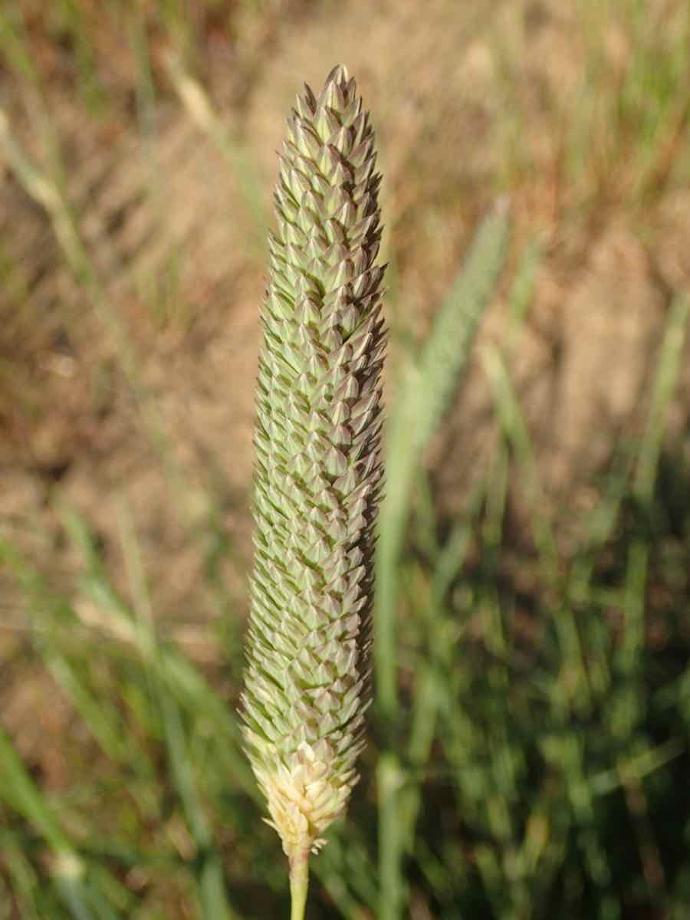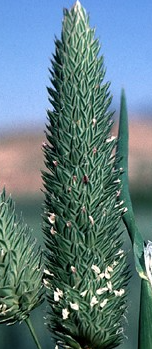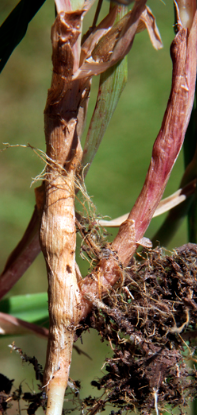Phalaris Grass Plant
Phalaris Grass (Phalaris aquatica) grows rapidly to 5 ft, thrives in loamy soil, full sun, moderate moisture, and is neither edible nor medicinal.
Habit
Grass
Height
0.6 to 1.0 m
Growth
Fast
Soil
Well-drained, Sandy Loam
Shade
Full
Moisture
Moderate
Edible
Yes
Medicinal
No
Origin
Europe, Asia
Climatic Condition
Temperate, Subtropical
Temperature (°)
15°C to 25°C
Humidity (%)
50% to 70%
Potting media
50% Loam, 40% Sand, 10% Compost
Fertilizers
Organic Fertilizer
Watering
Regular watering
Plant Weight
0.5 to 1.0 kg
Flowering Time
Spring to Fall
Soil Ph level
6.0 to 7.0
Water Ph level
6.0 to 7.5
Soil EC
0.5 to 0.8 mS/cm
Yield Per Plant
2 to 4 kg per plant
NPK ratio
3:02:01
life Span
2 to 4 years
Health Benefits
Forage, Ornamental
Suggested Grow Media or Potting Mix ?
50% peat, 25% sand, 25% compost
Suggested Fertigation/Fertilizers
Fertilize every 6 weeks with balanced liquid fertilizer.
Common Diseases and Remedies
Leaf Spot, Rust, Downy Mildew, Aphid Infestation, Fusarium Wilt.
Brown or black spots on leaves, Reddish pustules on leaves, White fungal growth on leaves, Leaf curling and distortion, Wilting and yellowing leaves.
Copper-based fungicides, Fungicides with propiconazole, Fungicides with mancozeb, Chemical insecticides, Fungicides with tebuconazole.
HEALTH BENEFITS
· Used primarily for livestock forage.
Helps in soil stabilization and erosion control.
⚠️ Caution: Some species contain alkaloids that may be toxic to animals if consumed in large amounts.

